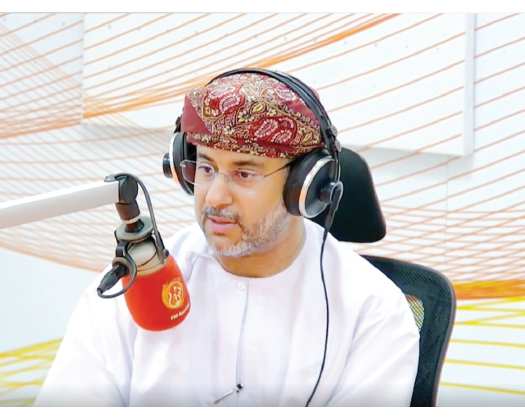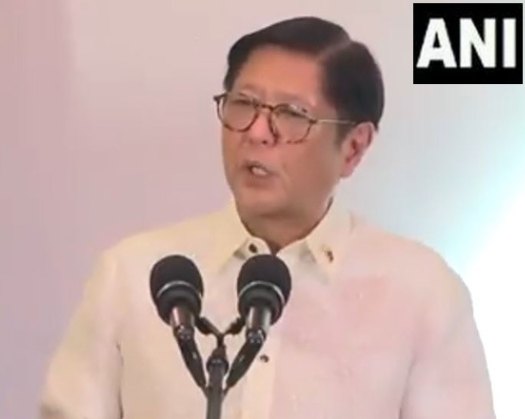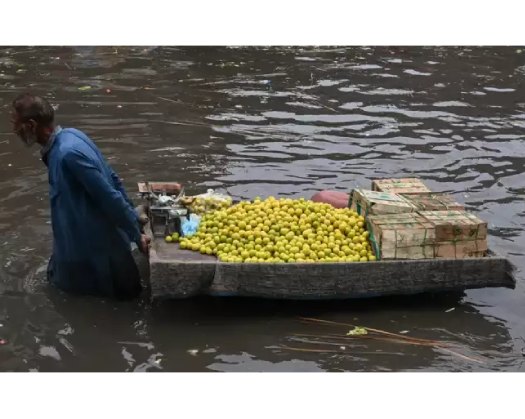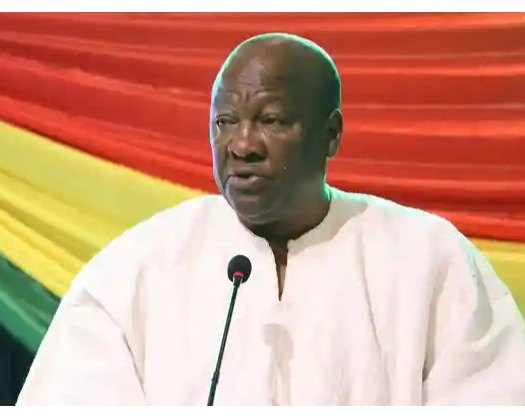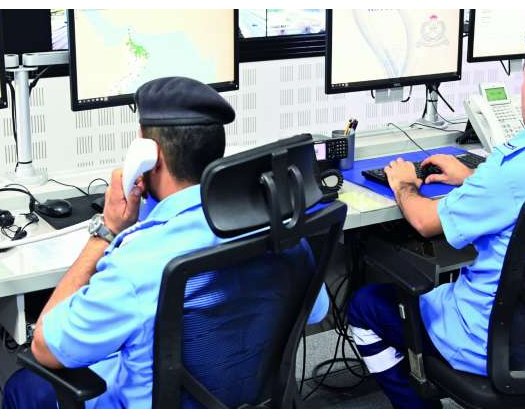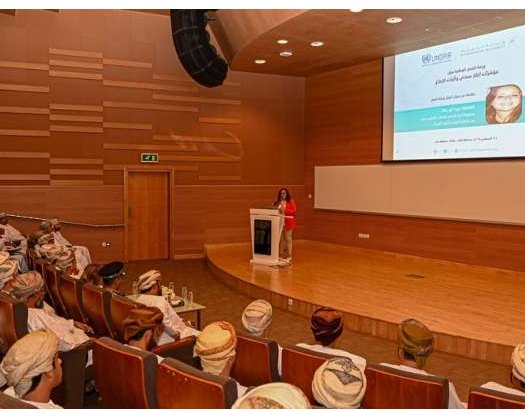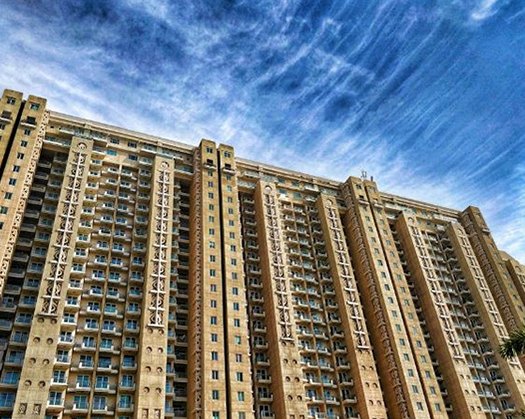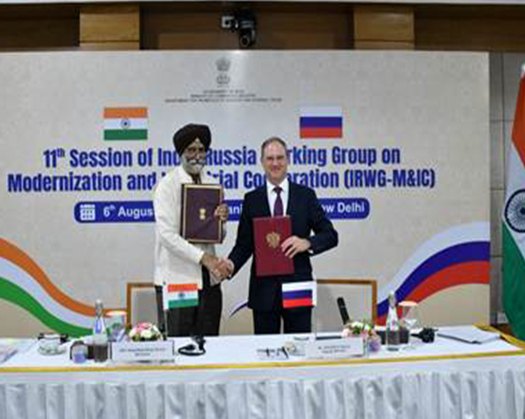Muscat: His Highness Dr. Faris bin Turki Al Said, an Assistant Professor at Sultan Qaboos University (SQU) and a member of the technical team for the unified national identity project of the Sultanate of Oman, emphasized that a nation's identity extends beyond a mere logo; it encompasses a comprehensive strategic initiative.
"We are committed to presenting the best representation of our identity with active community involvement," he stated.
He noted that the voting process for the national identity took place over several days, concluding on Sunday, December 29, 2024.
In an interview with Shabiba FM, he remarked, "In this new era of revitalized progress, there is a concerted effort to diversify income sources in the Sultanate of Oman, particularly within non-oil sectors. Oman is exploring its tourism potential and other industries, including logistics, as part of its forward-looking strategy for the coming years. Promoting national identities is crucial for all nations, especially in conveying clear images and messages to attract investment, tourism, and various opportunities, while highlighting anticipated investments that will bolster other sectors."
He also pointed out a sector that has not received sufficient media attention: the attraction of local talent. He stressed the importance of interaction between the labor market and foreign countries for the exchange of expertise, which necessitates specialized visits to Oman. For example, there is a need for skilled individuals to come to Oman for contracts lasting five years.
Additionally, he discussed the importance of innovative skills in entrepreneurship, stating that whenever investment opportunities arise, we can leverage such expertise and skills from other countries.
He emphasized that any identity initiative is fundamentally a strategic endeavor rather than merely a logo.
He mentioned that we have received requests regarding the possibility of allowing residents to vote.
“Our reply to these requests is that Oman is always open to individuals from all nations who wish to integrate into our society, and we encourage their involvement in the nation-building process for the benefit of both citizens and residents.”
Through the “Together we progress” initiative, our goal is to empower citizens, making them a vital part of the decision-making framework, he noted.
He pointed out that societal participation in decision-making did not commence with the current era of renewed development but has its roots in Oman Vision 2040.
He clarified that there is a distinction between societal identity and national identity. When discussing the Omani people, the dagger, and the two swords, we are not referring to altering this identity; rather, we are advocating for a unified and comprehensive promotional identity that offers economic benefits.
Concerning the dagger and the two swords, we have received various opinions; however, some individuals seem to overlook the Sultanate's previous experiences. Unfortunately, we have not fully capitalized on tourism, but our current objective is to unite and present ourselves to the global community with a diverse array of potentials, extending beyond just tourism, as each sector is interconnected with others.
I emphasize that the Khanjar (dagger) and the two swords serve as a symbol of the state and will continue to be a constitutional and inviolable emblem of Oman. The purpose of this identity is to enhance Oman's image beyond the political sphere. He noted that nations are vying to attract investments and harness talent to advance tourism and economic growth, and it is essential for Oman to excel in this area.

